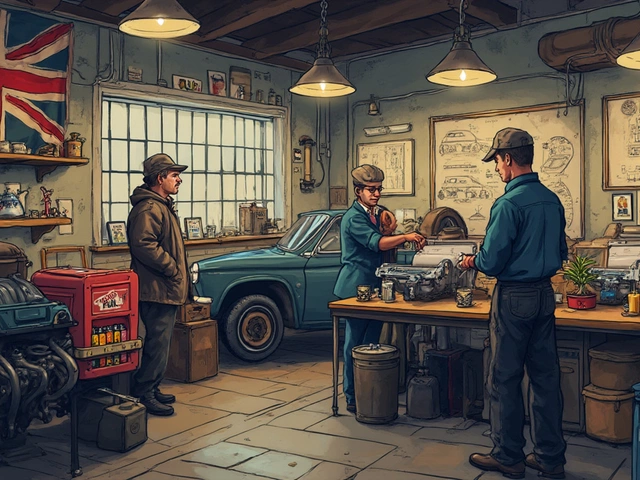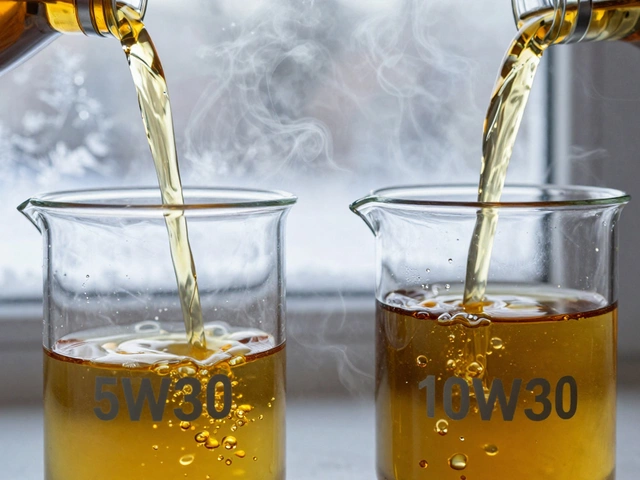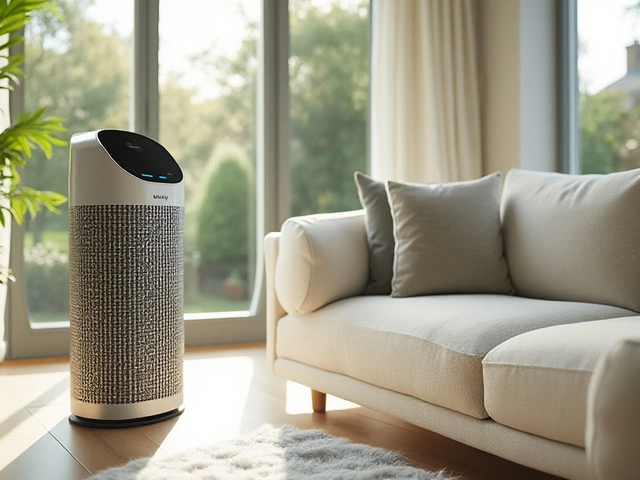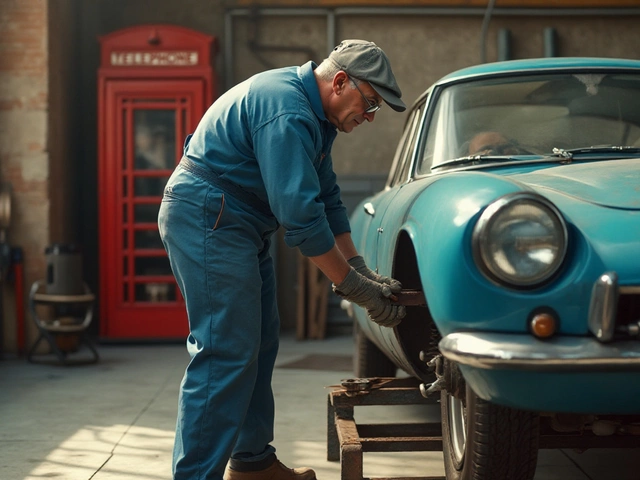Wheel Upgrade: Practical Tips for Choosing and Fitting New Rims
Thinking about giving your car a fresh look or better grip? A wheel upgrade can do both. It’s not just about flashy alloy rims – the right size, bolt pattern and tyre fitment matter for safety and handling. Below you’ll find straight‑forward steps to pick the perfect set without breaking the bank.
Pick the Right Size and Style
Start by checking your car’s stock wheel size – you’ll find it on the tyre sidewall or in the owner’s manual. When you go bigger, remember the overall diameter must stay close to the original; otherwise your speedometer and ABS may give wrong readings. A safe rule is to increase width by no more than 1‑2 inches and keep the diameter within a 3‑mm range.
Style is personal, but choose a design that matches your driving habits. Wide “muscle” rims look great on sports cars but add more unsprung weight, which can affect fuel economy. If you mainly drive in town, a lightweight alloy with a simple mesh finish gives a clean look and keeps the ride smooth.
Consider Material and Corrosion Risks
Most upgrades use alloy wheels because they’re lighter than steel and dissipate heat better. You might worry about rust – alloy itself doesn’t rust, but the wheel’s surface can corrode if the clear coat gets damaged. Regular cleaning and a quick wax coat protect the finish, especially in salty winter conditions.
If you live near the coast, look for wheels with a protective coating or consider a “black‑chrome” finish that resists corrosion. The article “Do Alloy Rims Rust?” on our blog explains how to spot early signs and keep the shine.
Don’t forget the tyre you’ll mount. Wider rims need low‑profile tyres for the same overall diameter. Check the tyre’s load index and speed rating – they must meet or exceed the vehicle’s specifications. A mismatch can lead to uneven wear or poor handling.
Fitment Costs and DIY vs. Professional
Many DIYers think they can bolt on new wheels at home, but proper balancing and torque settings are critical. An incorrectly torqued wheel can warp the hub or cause a wobble at high speeds. If you have a torque wrench and a good balancing machine, you can save on labour, but most owners prefer a professional fit.
At Northwich Tyres Centre we offer wheel fitting, balancing and alignment for a flat rate. A typical alloy upgrade, including mounting and balancing, runs around £60‑£80 – a small price for peace of mind.
Don’t forget wheel alignment after a new set. Changing offset or width can alter the steering geometry, leading to uneven tyre wear. A quick alignment check saves you from costly tyre replacements later.
Maintenance Tips to Keep Wheels Looking Fresh
Clean your wheels weekly with a pH‑neutral wheel cleaner. Avoid abrasive pads that can scratch the finish. After washing, dry them with a microfiber cloth to prevent water spots.
Inspect the lug nuts every few months. Tighten them to the manufacturer’s torque spec – usually between 80‑100 Nm for most passenger cars. Loose nuts cause vibration and can lead to a wheel coming off in extreme cases.
Finally, store any spare wheels in a dry place, away from direct sunlight. UV exposure can fade the finish and weaken the alloy over time.
Upgrading your wheels doesn’t have to be a headache. By choosing the right size, caring for the finish, and getting a professional fit, you’ll enjoy a sharper look, better handling and a longer lifespan for both wheels and tyres.
 29 January 2025
29 January 2025
Why Alloy Wheels Are a Smart Choice for Vehicle Enthusiasts
Alloy wheels have become a popular choice among car enthusiasts, offering both aesthetic appeal and functional benefits. These wheels are lighter than steel wheels, which can improve vehicle handling and fuel efficiency. Alloy wheels also allow for better heat dissipation, which can enhance braking performance. With numerous styles and finishes available, they provide an easy way to personalize and upgrade a vehicle's appearance.
Latest Posts
-

What Engine Oil to Use for Your Car: A Handy Guide
-

Which Oil Is Better: 5W30 or 10W30? The Real Difference Explained
-

Exploring Diverse Exhaust Systems: A Deep Dive into Their Types and Functions
-

Do High-Cost Air Filters Actually Perform Better?
-

Signs of a Damaged Suspension: How to Identify Issues Early
Tags
- car maintenance
- engine oil
- spark plugs
- brake pads
- engine performance
- vehicle maintenance
- spark plug replacement
- windshield wipers
- fuel pump
- suspension parts
- clutch replacement
- oil change
- clutch kit
- car suspension
- car performance
- air filters
- car radiator
- exhaust systems
- fuel pump replacement
- engine misfire

0